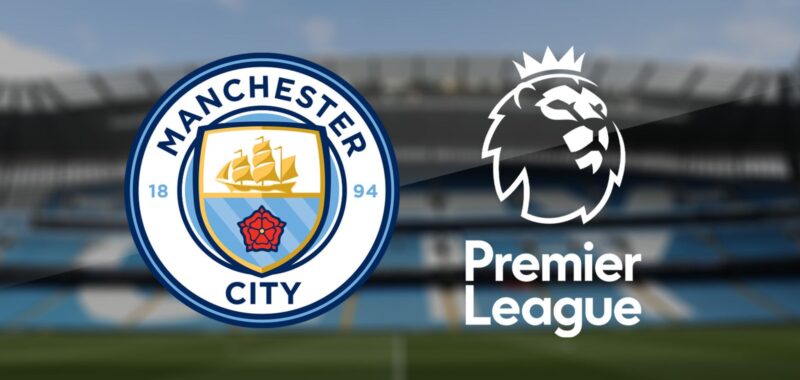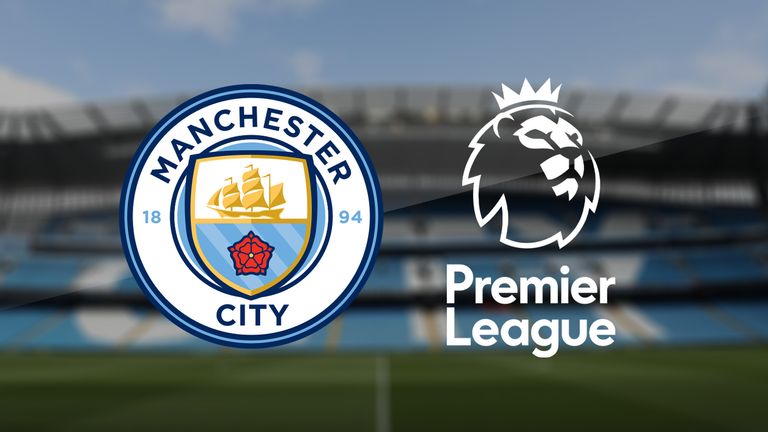Manchester City have claimed a partial victory in a legal fight with the Premier League over commercial rules governing clubs, including two large sponsorship deals the club was blocked from completing.
An independent panel found the Premier League’s rules regarding Associated Party Transactions (APTs) break competition law in two specific ways.
But the Premier League said the tribunal “endorsed the overall objectives, framework and decision-making of the APT system”.
City made the legal challenge against 25 of the regulations in the Premier League’s rulebook regarding Associated Party Transactions (APTs), as well as its decision to reject the two sponsorship deals.
It has now been confirmed Premier League clubs will hold an emergency meeting next week to discuss the judgement.
The panel found partly in Manchester City’s favour, agreeing that shareholder loans – where shareholders or ‘associated parties’ lend to or borrow money from the clubs they own – should not be excluded from those rules.
The panel also agreed with City’s claim an updated version of the APT rules, which came into force in February this year, was unlawful because of wording changes, which tightened the interpretation of what constitutes ‘fair market value’ in commercial agreements.
The two sponsorship deals, with First Abu Dhabi Bank and another with Etihad Aviation Group, were blocked unfairly, the panel found, as the Premier League did not give City all of the information used for its decisions in time for them to respond.
They also found the Premier League, which itself admitted it was understaffed at the time, took several months too long to reach its decision in both cases.
City’s other claims against the Premier League were dismissed.
The Premier League came to a different conclusion about the 175-page judgement released on Monday afternoon, saying City were “unsuccessful in the majority of (their) challenge”.
The Premier League said it welcomed the tribunal’s findings, “which endorsed the overall objectives, framework and decision-making of the APT system … (but did) identify a small number of discrete elements of the rules which do not, in their current form, comply with competition and public law requirements”.
“These elements can quickly and effectively be remedied by the League and clubs,” the Premier League added.
City thanked the panel and said the findings found the Premier League to have “abused its dominant position” with its approach and rules.
Analysis: A divisive case, changes to come… and those 115 charges
Sky Sports News’ chief reporter Kaveh Solhekol:
What impact will this have on Man City’s 115 charges?
You could say this is a very significant victory for Man City because in central London right now the hearing is going on into the alleged breach of 115 of the Premier League’s financial rules by Man City.
City have, by securing this victory, undermined the Premier League’s financial rules.
They have got people thinking, ‘these financial rules aren’t worth the paper they’re written on, they’ve been written up too quickly’.
They’ve challenged them and won, just like Leicester City, who won a legal challenge against the Premier League’s financial rules a couple of weeks ago.
I wouldn’t downplay how significant the decision is. I think this will have big, big implications for the Premier League and their financial rules.
So Man City see this as a big win?
Man City are saying they’ve won and this is a significant victory for them.
They are saying they’ve succeeded in proving the rules are unlawful, violated UK competition law and procedural fairness and the Premier League abused its dominant position and the rules were discriminatory in how they operate.
But the Premier League also see success for themselves in this judgement?
Overall the tribunal has endorsed the objectives of the ATP rules; the framework and decision-making process behind them.
The Premier League would say, ‘the tribunal have found a few small changes we need to make – we’ll very quickly make those changes’.
They would say the focus should be on the fact the rules are staying.
Whose side are the other clubs on?
It will be very intriguing to see what the atmosphere is like at the next Premier League shareholders’ meeting because we found out some clubs supported Man City and some supported the Premier League.
Chelsea, Newcastle and Everton were witnesses for Man City.
Arsenal, Man Utd, Liverpool, West Ham, Brentford, Bournemouth, Fulham and Wolves provided written statements to support the Premier League’s position.
This is a divisive issue.
What happens next?
There were two deals Man City wanted to do with Etihad Aviation Group and First Abu Dhabi Bank which were blocked. The tribunal have said the Premier League needs to look at those deals again.
Looking ahead. City could sue the Premier League and try to get compensation and say the past deals they’ve blocked have prevented City from bringing more money into the club.
It will then be intriguing to see the implications for the case of the 115 alleged charges…
What the Premier League and Man City said in full…
Premier League:
The Premier League welcomes the tribunal’s findings, which endorsed the overall objectives, framework and decision-making of the APT system. The tribunal upheld the need for the APT system as a whole and rejected the majority of Manchester City’s challenges. Moreover, the tribunal found that the rules are necessary in order for the League’s financial controls to be effective.
The decision represents an important and detailed assessment of the APT rules, which ensure clubs are not able to benefit from commercial deals or reductions in costs that are not at fair market value (FMV) by virtue of relationships with associated parties. These rules were introduced to provide a robust mechanism to safeguard the financial stability, integrity and competitive balance of the League.
The tribunal did, however, identify a small number of discrete elements of the rules which do not, in their current form, comply with competition and public law requirements (more information below). These elements can quickly and effectively be remedied by the League and clubs.
In the meantime, the Premier League will continue to operate the existing APT system, taking into account the findings made by the tribunal.
While the arbitration process is confidential, the Premier League and the club have agreed to make public a redacted copy of the decision, withholding only confidential and commercially sensitive information.
Man City:
Following today’s publication of the Rule X Arbitral Tribunal Award, Manchester City Football Club thanks the distinguished members of the Arbitral Tribunal for their work and considerations and welcomes their findings:
- The club has succeeded with its claim: the Associated Party Transaction (APT) rules have been found to be unlawful and the Premier League’s decisions on two specific MCFC sponsorship transactions have been set aside
- The tribunal found that both the original APT rules and the current, (amended) APT Rules violate UK competition law and violate the requirements of procedural fairness.
- The Premier League was found to have abused its dominant position.
- The tribunal has determined both that the rules are structurally unfair and that the Premier League was specifically unfair in how it applied those rules to the club in practice.
- The rules were found to be discriminatory in how they operate, because they deliberately excluded shareholder loans.
- As well as these general findings on legality, the tribunal has set aside specific decisions of the Premier League to restate the fair market value of two transactions entered into by the club.
- The tribunal held that the Premier League had reached the decisions in a procedurally unfair manner.
- The tribunal also ruled that there was an unreasonable delay in the Premier League’s fair market value assessment of two of the club’s sponsorship transactions, and so the Premier League breached its own rules.


